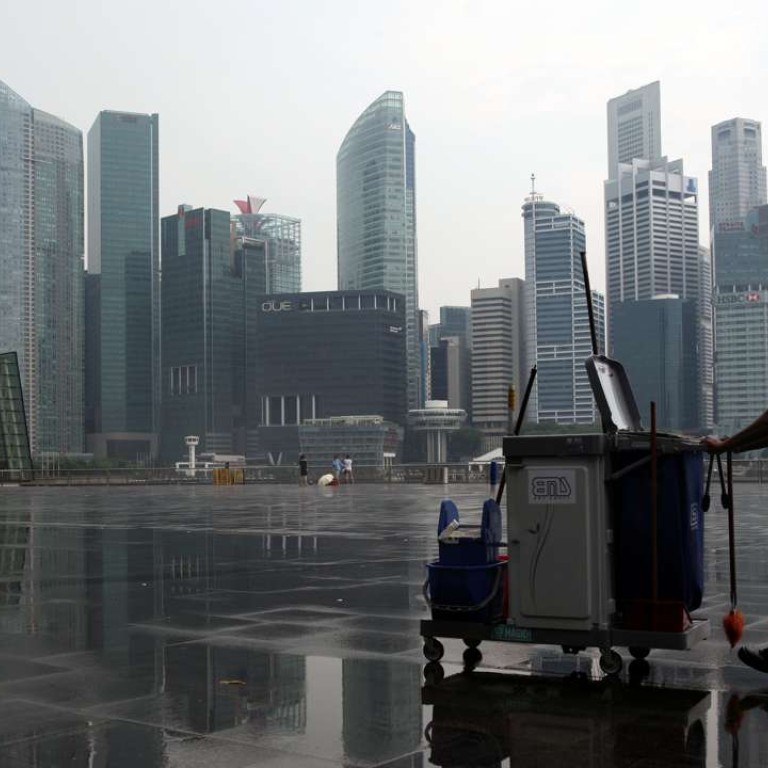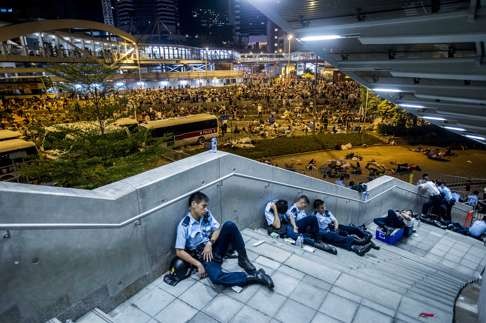
Update | Singapore is looking sweet as foreign investors turn away from Hong Kong amid rising political risk, UBS says
The Lion City, along with Japan and Australia, are viewed as safer bets for investors
New foreign real estate investors may turn their attention away from Hong Kong to other developed markets such as Singapore in a bid to remove uncertainties that include political influence from China, says UBS Asset Management
That’s a major reversal of a few years ago, when Hong Kong and Singapore were both classed as safe havens, which helped them to attract investment from abroad, according to William Hughes, global head of real estate research and strategy at UBS Asset Management.
“Now, Hong Kong is a bit different than Singapore,” he said.
China’s rising political influence in Hong Kong has eroded the city’s independence, he said.
One consequence is heightened uncertainly, which means the city’s property market would become more domestic driven as foreign investors pull out.

“There is a separation in Hong Kong and Singapore recently. Singapore has a high level of foreign investment and Hong Kong is shifting more towards domestic investment,” he said.
But he ruled out the possibility of capital being withdrawn from Hong Kong.
“I don’t think anyone views Hong Kong as a bad market.
Historically, new foreigner investors viewed Hong Kong as their first stop when investing in Asia. Now, Hong Kong may come after Japan, Australia and Singapore. It is just a change in ranking,” he said.
But he saw no significant impact on Hong Kong’s property market.
He notes there are pros and cons for the redirection of capital to other countries.
In the short term, capital that would have come to the city could shift to Singapore, he said.
If foreign investment tapers off, he said the weakened demand could help to stabilise property prices and improve investment yield.
In recent times, Hong Kong property prices have been driven up by an influx of capital, which compressed yields to 2 to 4 per cent a year, compared with 5 to 6 per cent in US and Europe, he said.
Hong Kong home prices have fallen 13 per cent since its peak in September.

